Democracy in action or election fraud? Trump trial lawyers paint hush-money payment two ways
Donald Trump’s criminal trial begins with competing narratives of whether the former president’s payment to a porn star was a conspiracy or a legal way of swaying voters.
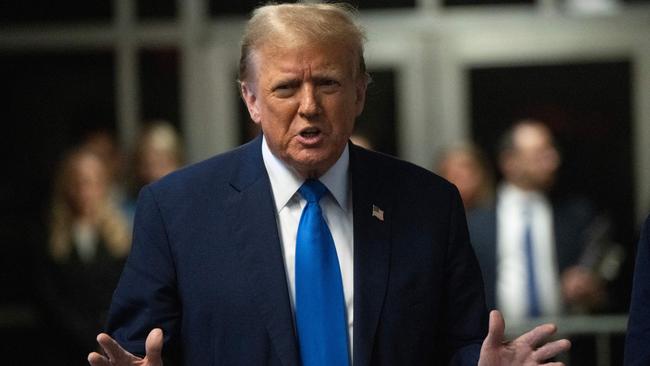
Donald Trump’s first criminal trial started with competing narratives of whether the former president’s payment to a porn star was part of a conspiracy to influence the 2016 election or a legal way of swaying voters.
“It was election fraud, plain and simple,” prosecutor Matthew Colangelo said in his opening statement, as the jurors watched intently.
Trump’s lawyer painted a different picture. “I have a spoiler alert,” Todd Blanche said. “There’s nothing wrong with trying to influence an election. It’s called democracy.”
The historic proceeding — the first ever criminal trial of a former U.S. president — came just over a year after Manhattan District Attorney Alvin Bragg, a Democrat, unveiled an indictment charging Trump with 34 felony counts of falsifying business records. While Trump has been charged with three other criminal cases in the interim, the Manhattan case may be the only one to be heard by a jury before voters go to the polls in November.
The trial, expected to last six weeks, has relegated Trump to the defense table of a drab Manhattan courtroom in the midst of his presidential campaign. On Monday, after remaining silent throughout the proceeding, the former president railed against the case in the courthouse hallway. The case was about bookkeeping, he said, and deals with alleged conduct dating back to 2015.
“I should be in a lot of different places right now campaigning, and I’m sitting here,” Trump said. “This will go on for a long time.”
During his opening statement, prosecutor Colangelo told jurors that the conspiracy in question began at a Trump Tower meeting in August of 2015. Then-candidate Trump and his lawyer and fixer, Michael Cohen, met with tabloid king David Pecker, who was then the publisher of the National Enquirer, Colangelo said. The three men hatched a plan to buy the rights to salacious stories about Trump, but never run them, the prosecutor said, in a tabloid practice known as catch and kill.Colangelo told jurors about three deals in which he said the co-conspirators bought stories about Trump in order to bury them. In the first, he said, Pecker paid $30,000 for the story of a Trump building doorman who alleged that Trump fathered a child with one of his employees. In a second, Colangelo said, Pecker paid $150,000 to buy the story of Playboy playmate Karen McDougal, who claimed she had a monthslong affair with Trump.
About a month before the 2016 election, said Colangelo, a recording surfaced of Trump making crude statements about grabbing women, throwing his campaign into a tailspin.
“The impact of that tape on the campaign was immediate and explosive,” Colangelo said, pointing to prominent Trump allies withdrawing their endorsements and condemning his language.
A day later, he said, adult-film actor Stormy Daniels approached the National Enquirer with her story of a sexual encounter with Trump. He said the then-candidate agreed to buy Daniels’ story, and Cohen took the necessary steps to do so.
After Trump won the election, Colangelo said, Cohen and Trump decided to cook their books.
He said they agreed Trump would reimburse Cohen in installments for the payment, and disguise the payments as a legal retainer.
“Trump orchestrated a criminal scheme to corrupt the 2016 presidential election,” Colangelo told the jury, “then he covered it up by lying in his New York business records over and over and over again.”
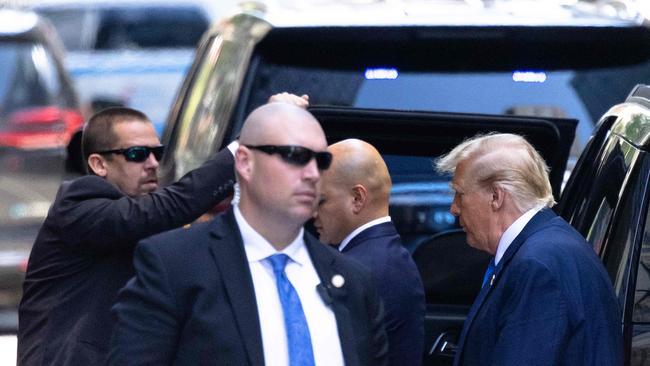
Trump’s lawyer, Blanche, told jurors that prosecutors couldn’t prove their case because they couldn’t show the former president had criminal intent. Trump sought to protect his brand and family, Blanche said. “That is not a crime,” Blanche told jurors.
Blanche said two prosecution witnesses, Cohen and Daniels, were unreliable and flawed. Cohen had pleaded guilty to lying under oath, and has written books and podcasts about his work with the former president, the defense lawyer said.
“His entire financial livelihood depends on President Trump’s destruction,” Blanche said.
Blanche said that Daniels, who has also benefited financially from her own books and documentary, knows nothing about the false business records in question. “Her testimony, while salacious, doesn’t matter,” he said.
After opening statements, prosecutors called Pecker, who testified for about 20 minutes before court wrapped up for the day because of a juror’s emergency dental appointment.
The former tabloid publisher spoke confidently on the stand, and chuckled when he misremembered his work phone number. He told jurors about the practice of paying for stories.
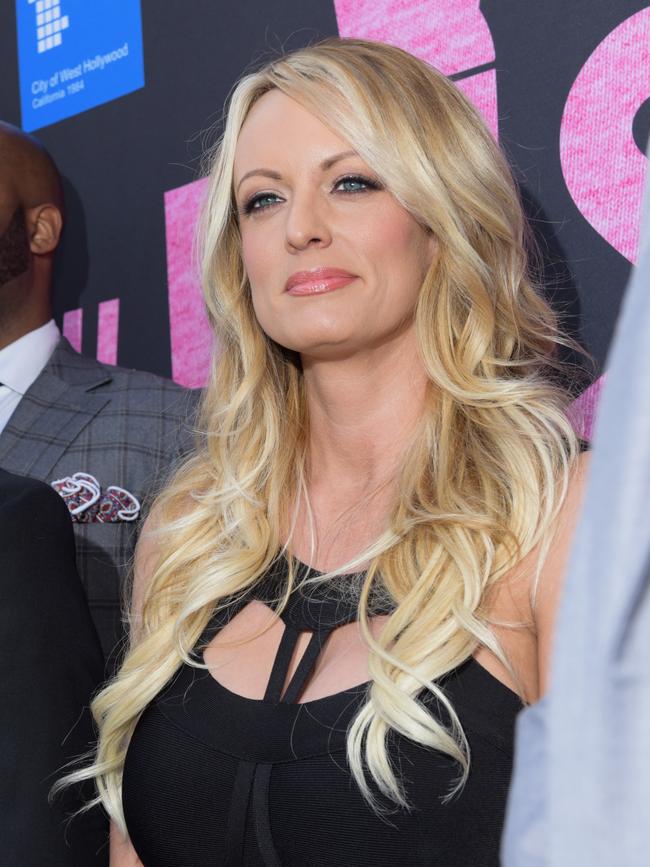
“We did chequebook journalism,” said Pecker, 72 years old.
He is expected on Tuesday to continue his testimony, including detailing the 2015 Trump Tower meeting.
Last week, a panel of 12 jurors and six alternates was sworn in to hear the case. The five women and seven men are a largely educated, white-collar group all residing in deep blue Manhattan. Still, a conviction isn’t a sure bet; Bragg made the unusual move of bringing felony falsified record offenses without charging Trump with other crimes. Such felony offenses require prosecutors to prove that Trump falsified records in order to commit or conceal another crime. While prosecutors didn’t detail the legal underpinnings of the case Monday, they will likely be required to do so during the trial.
The unusual charges also put the case in uncharted waters in terms of potential punishment, since there are few equivalent cases. The charges themselves carry no mandatory prison term.
The Wall Street Journal

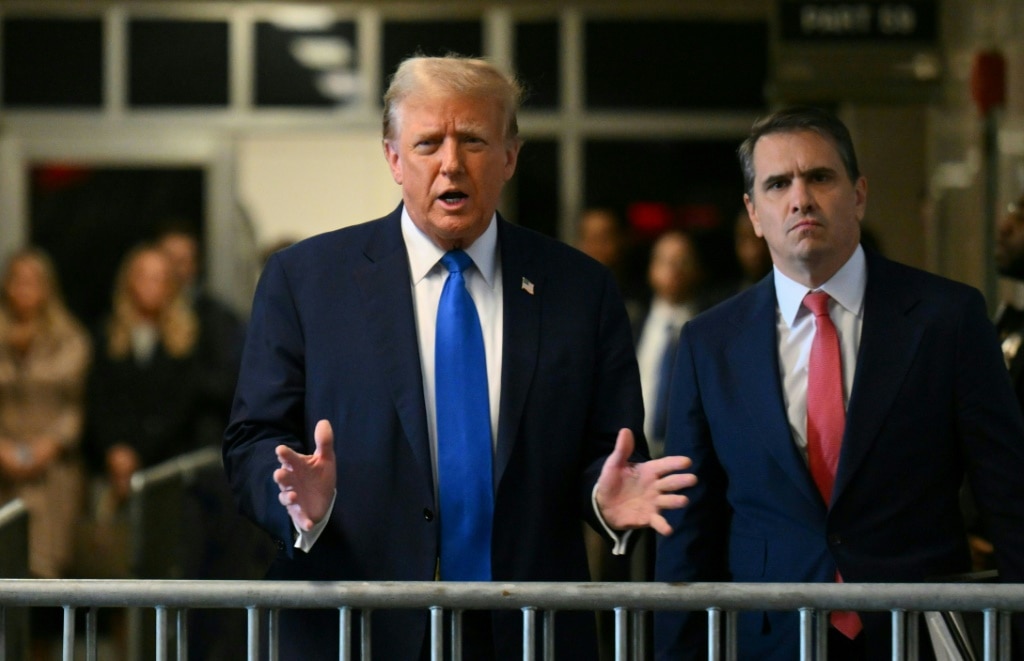

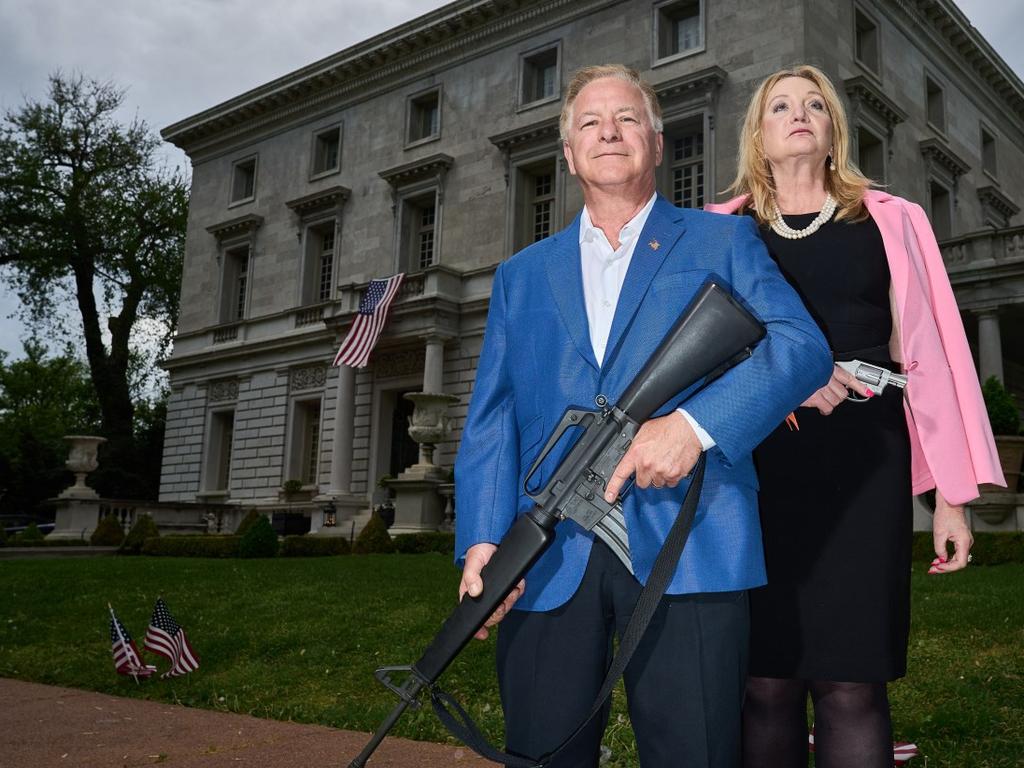
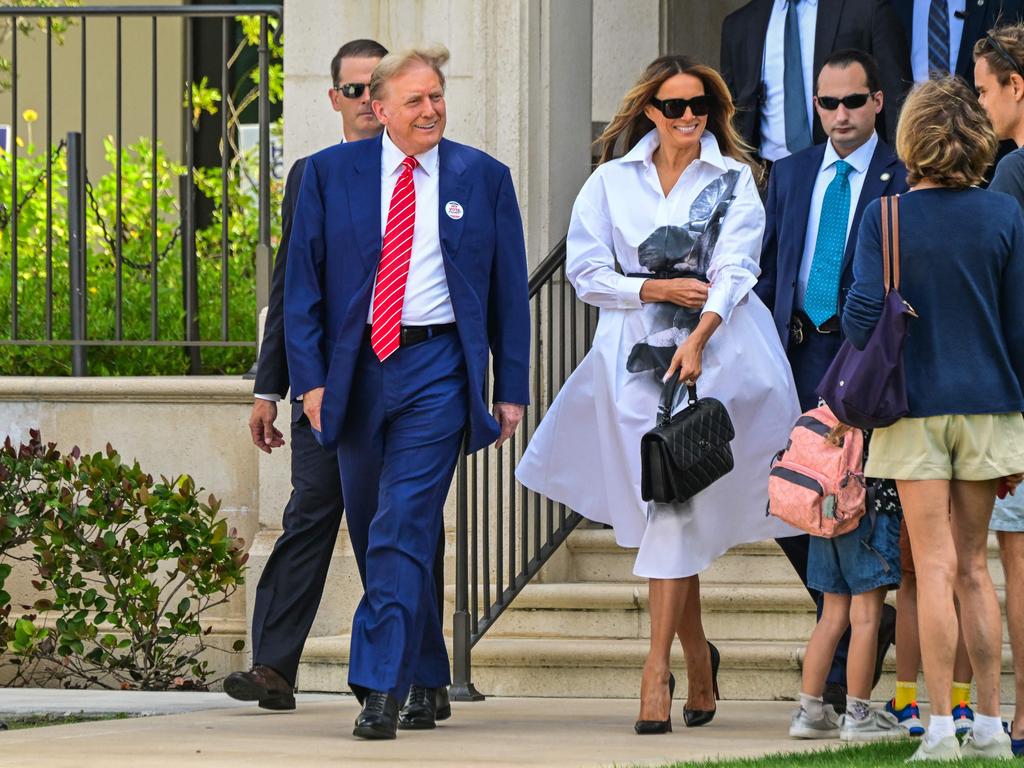


To join the conversation, please log in. Don't have an account? Register
Join the conversation, you are commenting as Logout